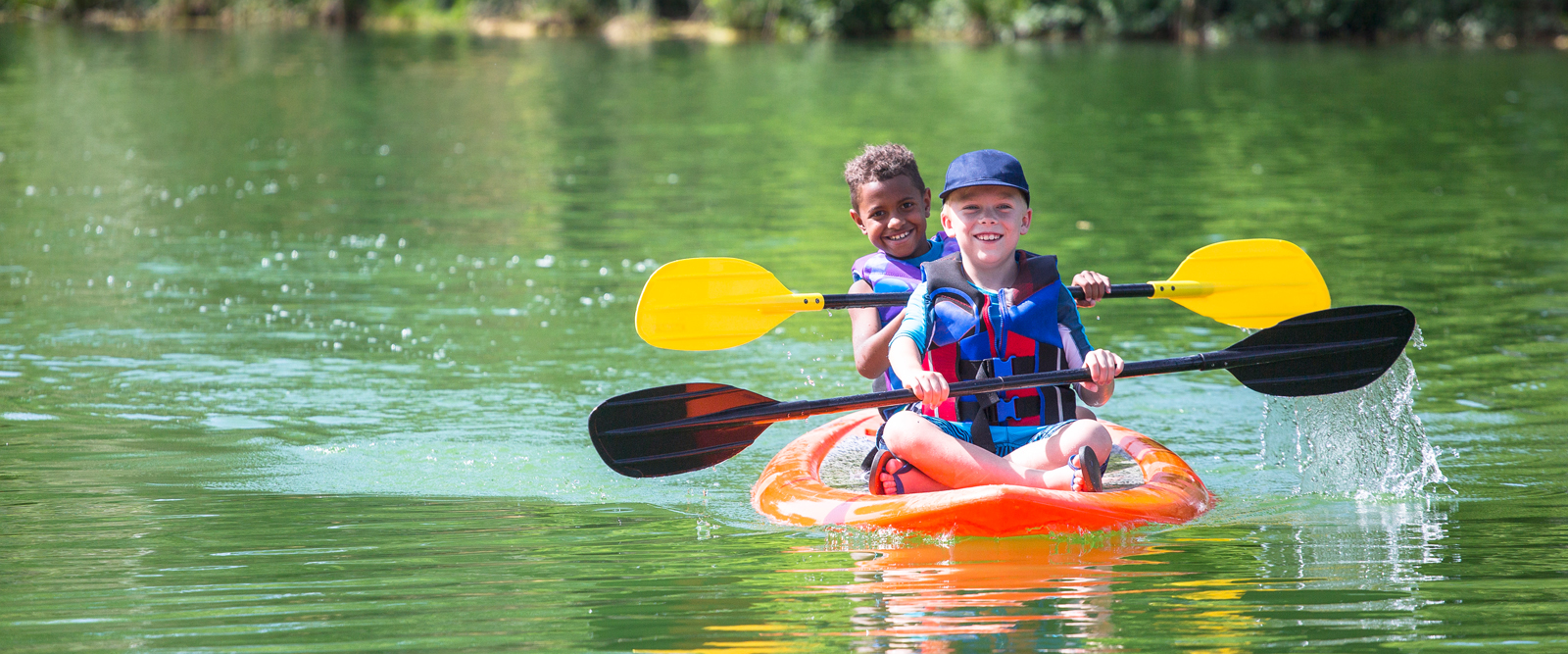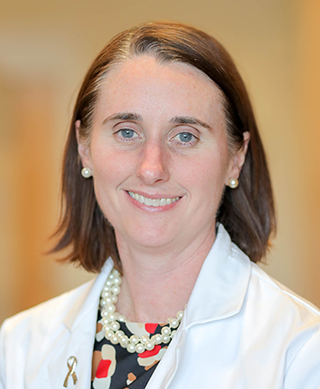How to Keep Kids Safe at Summer Camp Amid COVID-19: A Checklist for Parents
A leading pediatric infectious disease expert shares what COVID-19 precautions to take when kids go to camp this summer.


After more than a year of isolation and remote learning due to COVID-19, many families are eager to enroll their kids in summer camps. After all, U.S. COVID-19 rates are the lowest they’ve been since the pandemic began.
But is it safe to send your kids to camp, when kids under the age of 12 still aren’t eligible for the vaccine? According to experts, the answer is yes — if the proper precautions are taken.
A study conducted last summer involving a network of 31 YMCA day camps in North Carolina showed that when precautions like masking, social distancing, and hand-washing were put in place, COVID-19 cases were extremely low. Of the 5,344 youth and nearly 1,500 staff, only 19 COVID-19 cases were reported, and only two involved possible on-site transmission. This was when the state was reaching its first peak of coronavirus cases.

Dr. Sallie Permar
“This is part of the growing body of evidence demonstrating that if precautions like masking, distancing and hand-washing are taken, coronavirus transmission can be avoidable in congregate settings for children during times of high community incidence,” says Dr. Sallie Permar, pediatrician-in-chief at NewYork-Presbyterian Komansky Children’s Hospital, chair of the Department of Pediatrics at Weill Cornell Medicine, and a co-senior author of the study.
Health Matters asked Dr. Permar what parents should consider when making summer camp plans. Here is a checklist they can use to make an informed decision:
- If your child is 12 and above, get them vaccinated. “The vaccines that have been approved for preventing COVID are some of the most safe and effective vaccines that we’ve ever seen as pediatricians,” says Dr. Permar.
- Send them to camp with masks. For camps where not everyone is fully vaccinated, masks should be worn when indoors. In general, people do not need to wear masks when outside, according to the Centers for Disease Control and Prevention (CDC). However, people who are not vaccinated should wear a mask if they are in a crowded outdoor setting or engaging in activities that involve close contact. The CDC also recommends that masks not be worn when doing outdoor activities that could get masks wet, like using boats or swimming, since “a wet mask can make it difficult to breathe and might not work as intended.”
- Make sure the camp maintains physical distance or small groups. Camps can minimize exposure if the same campers and the same staff stay together in small groups or “pods” while at camp.
- Ask about hygiene protocol. Summer camps should follow the CDC’s disinfection recommendations, which include routine cleaning of bathrooms, surfaces, and high-traffic areas. “This is a good strategy for preventing many contagious diseases, not just COVID,” says Dr. Permar.
- Ask whether camp activities will be mostly outdoors. Summer camps should prioritize outdoor activities—which are safer—over indoor ones. For indoor activities, ask how they will improve ventilation (opening windows, using air filters, and turning on fans).
- For children going to overnight or sleep away camp, ask what measures they have in place to protect your child. Here are some questions to consider: Does the camp require masks to be worn when indoors? Is the staff vaccinated? Are campers screened for COVID before attending? “A reliable and safe summer camp that is adhering to the CDC’s guidance should have answers to all of these questions,” says Dr. Permar.
- Factor in your family’s risk. “If you or a household family member have any underlying medical conditions or a weakened immune system, summer camp may increase the risk for exposure to COVID,” adds Dr. Permar. “It doesn’t necessarily mean your child cannot attend, but it’s something to factor in.”
While COVID-19 has not affected kids’ physical health as much as older adults, it has greatly impacted their developmental growth as well as their mental health. Summer camps help promote social, emotional, and developmental well-being in young children. They can provide them with opportunities to make friends, be independent, think creatively, get exercise, and try new things.
“The benefit of in-person programming for supporting youth learning and mental health, particularly in vulnerable populations, outweighs the risk of viral spread,” says Dr. Permar. “This is true not only in a school setting, but in a camp setting where children are engaging in physical activities like playing outside and swimming at the pool and doing creative activities like arts and crafts.”
At the end of the day, choosing whether to send your child to summer camp amid COVID-19 is a personal decision. “As a parent and former camp counselor, I support summer camp experiences for children’s development, especially after we all work to ensure it is the safest and most enjoyable experience it can be,” says Dr. Permar.
Sallie Permar, M.D., helms the pediatrics enterprise at Weill Cornell Medicine and NewYork-Presbyterian Komansky Children’s Hospital. She is also the Nancy C. Paduano Professor of Pediatrics at Weill Cornell Medicine. Board-certified in pediatrics and pediatric infectious disease, Dr. Permar has been honored with several prestigious awards, including the 2014 Young Investigator Award and the 2020 E. Mead Johnson Award from the Society for Pediatric Research, the Presidential Early Career Award for Science and Engineering, and most recently the Gale and Ira Drukier Prize in Children’s Health Research from Weill Cornell Medicine.

